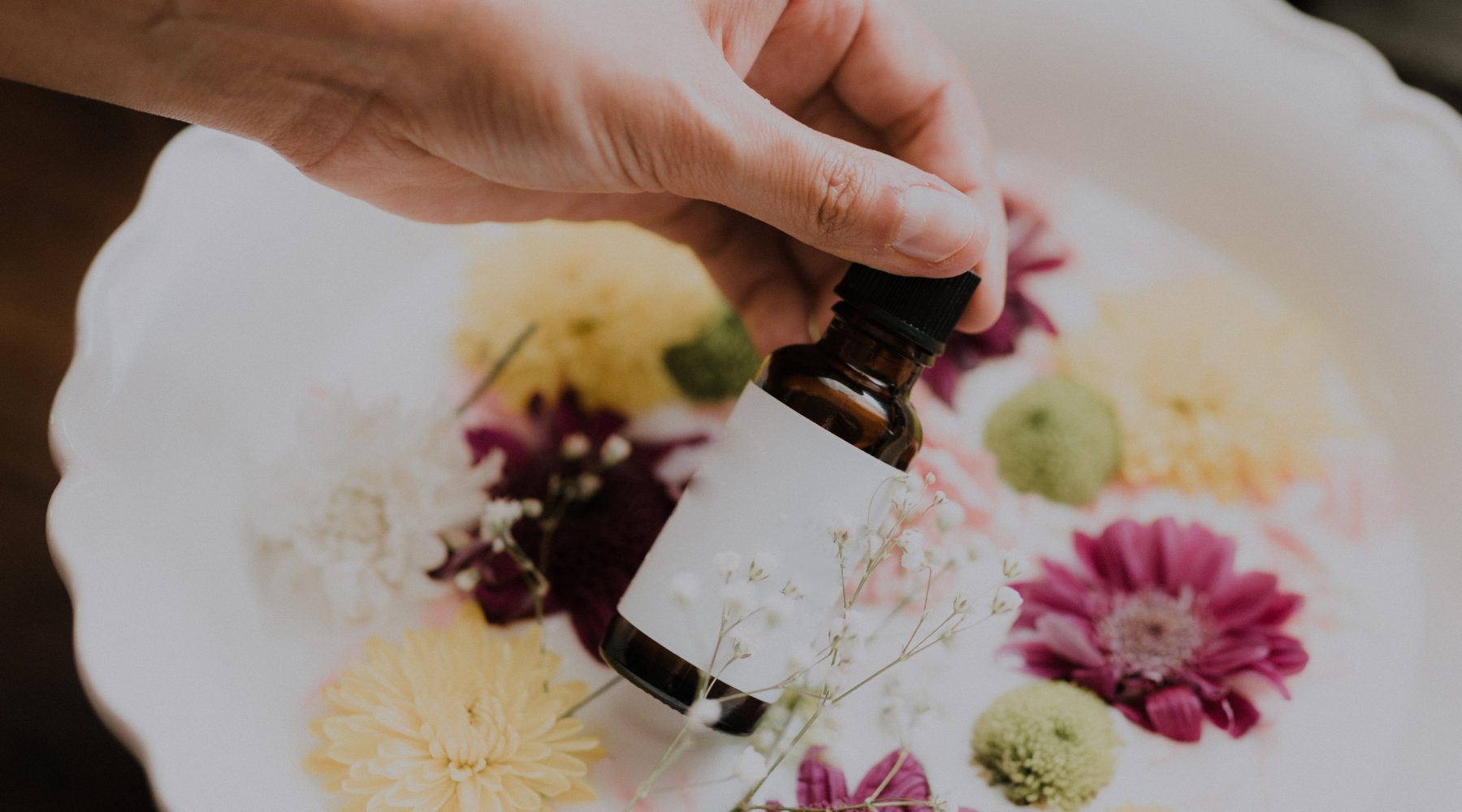University of Sydney warns about dangers of essential oils to children

Experts from the University of Sydney are calling for public awareness on the dangers of ingesting essential oils following an increase in calls to the poisons hotline, with children most affected. The call will be of interest to the early childhood education and care (ECEC) sector, with a number of services choosing to use essential oils in their environments to create an inviting atmosphere and ward off illness.
The study, published in early December in the Medical Journal of Australia, retrospectively examined calls to the New South Wales Poisons Information Centre, finding that calls about essential oil ingestion are rising.
In 63 per cent of those calls, the caller is seeking advice and support about essential oil being ingested by a child, showing the very real need for awareness amongst those educating and caring for children.
Essential oils are readily available in pharmacies, supermarkets, health food stores and are widely marketed and sold online.
While they are typically used topically or added to vaporisers and diffusers, the authors state that oral ingestion of small amounts is recommended by some suppliers.
“It’s worrying as particularly in children, as a little of 5 millilitres of some oils can cause rapid and life-threatening onset of toxicity,” said lead author Dr Rose Cairns, Lecturer in the University of Sydney School of Pharmacy and Director of Research at the NSW Poisons Information Centre.
“Just because something is natural doesn’t necessarily mean it is safe,” she emphasised.
Dr Cairns noted that while in the majority of cases, ingestion was accidental, or due to a child or adult mistaking the oils for medicines such as cough mixture, there were also a small number of cases where people intentionally ingested the oils thinking they would have therapeutic benefits.
The authors identified 4,412 essential oil exposures during the four-year study period. Of those, 1,387 callers (31 per cent) had symptoms of poisoning at the time of the call.
The number of calls to the hotline in relation to essential oil poisoning increased from 1,011 in 2014-15 to 1,177 in 2017-2018 (16.4 per cent increase, or 5.3 per cent per year).
Most exposures were accidental (80 per cent) or the results of therapeutic error (13 per cent), typically mistaking essential oils for liquid pharmaceuticals. There were 105 cases (2.4 per cent) of misinformed misuse (intended ingestion of essential oils with therapeutic intent).
The oils which were most frequently involved in poisoning calls were eucalyptus (46.4 per cent), tea tree (17 per cent), lavender (6.1 per cent), clove (4.1 per cent) and peppermint oils (3.5 per cent).
To keep children safe, the researchers recommend that essential oils be safely stored out of reach of children and kept separate from oral medications to prevent errors.
“Many of these products don’t come with child-resistant closures and flow restrictors, which I would like to see made mandatory,” Dr Cairns said.
Co-author Dr Joanna Harnett said there were “very few studies that have evaluated the efficacy and safety of ingesting specific essential oils,” adding that the majority of essential oils are not considered safe for ingestion.
“The traditional use of essential oils is typically in diluted topical preparations and there is now some scientific evidence to support that some essential oils such as tea tree oil have antimicrobial properties when applied to the skin,” Dr Harnett added.
Health care professionals and members of the public can receive advice about essential oil exposures from the Poisons Information Centre on 131 126 (24 hours, Australia wide) if concerned.
Popular

Practice
Provider
Quality
Research
Workforce
New activity booklet supports everyday conversations to keep children safe
2025-07-10 09:00:16
by Fiona Alston

Quality
Practice
Provider
Workforce
Reclaiming Joy: Why connection, curiosity and care still matter in early childhood education
2025-07-09 10:00:07
by Fiona Alston

Policy
Practice
Provider
Quality
Research
Workforce
Beyond the headlines: celebrating educators and the power of positive relationships in early learning
2025-07-07 10:00:24
by Fiona Alston













